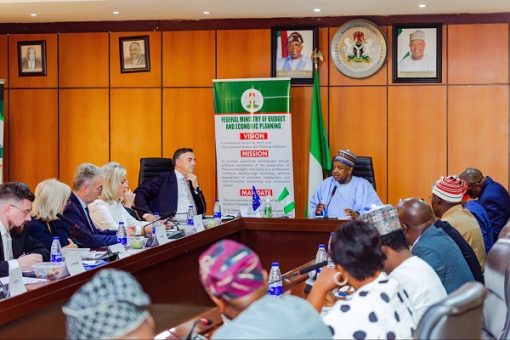The Federal Government says it will expand its direct cash transfer programme to reach more poor and vulnerable Nigerians, according to the Minister of Finance and Coordinating Minister of the Economy, Wale Edun.
Speaking on Tuesday at the Oxford Global Think Tank Leadership Conference and Book Launch in Abuja, Edun said the initiative currently benefits over 15 million households nationwide.
He explained that while the government had made progress in stabilising inflation and the exchange rate, additional efforts were needed to ensure that citizens feel the positive impact of ongoing economic reforms.
“There is an attempt to ensure that the pains of reform are immediately alleviated. That’s why there is a transparent, accountable, and robust system of providing direct payments to 15 million households,” Edun stated.
The minister noted that the programme is underpinned by a digital verification system to ensure transparency and accountability.
“In some places, people say they haven’t heard of anyone receiving payments. We immediately call for the data to verify this because each individual is identified by name, national identity number, and paid digitally—either to a bank account or mobile wallet. There is accountability, transparency, and a record,” he explained.
Edun revealed that the government plans to expand the programme to reach additional beneficiaries, particularly at the grassroots level, as part of efforts to cushion the effects of reforms on vulnerable citizens.
He also announced a new ward-based development initiative, aimed at channeling resources directly to Nigeria’s 8,809 wards across 774 local government areas.
“This will empower economically active people at the ward level—small businesses and cottage industries—by providing support and financing. It’s a key element in ensuring that the benefits of current reforms reach right down to the local level,” he said.
In her remarks, the Founder of the Oxford Global Think Tank Leadership, Dr. Arunma Oteh, called for increased investment in infrastructure and human capital to drive sustainable growth.
Oteh urged policymakers to pursue what she described as “patient capital” to close Nigeria’s infrastructure gap.
“China, over the years, invested 24 per cent of its GDP in infrastructure. At best, we do 4 to 5 per cent. If we want to bridge the infrastructure gap, we must raise this to at least 12 per cent,” she said.
She further stressed the importance of equipping young Nigerians for leadership, noting that long-term prosperity depends on preparing the next generation to manage the country’s transformation agenda.








